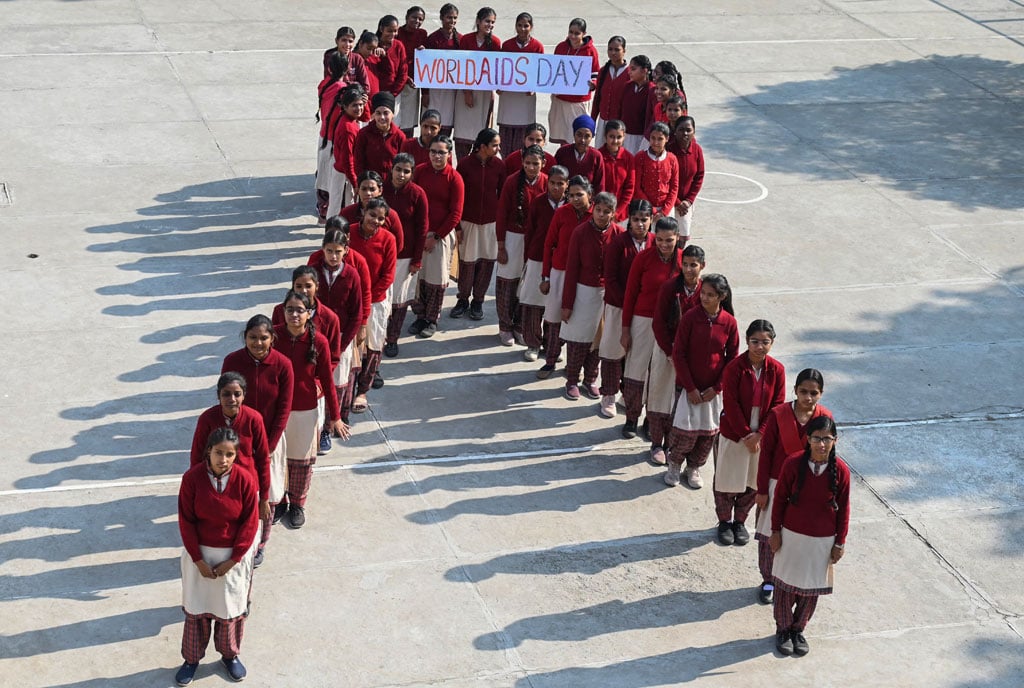Prime
Justice system is failing girls in the GBV fight

Jane Namaganda Kibira
What you need to know:
- On September 27 2021, the case came up for hearing and the girl’s mother transported all witnesses to court to testify. Musa pleaded guilty to defilement and was convicted on his plea of guilt.
In discussing ways to end violence against girls and women, the role of judicial officers in combatting gender-based violence cannot be overemphasised.
In 2021, Musa (pseudo name) defiled and impregnated a 15-year-old girl. Her mother reported the case to their area police post, which started their journey and quest for justice against Musa. They were directed to the health centre to carry out a medical test but to their surprise, the health worker requested Shs25,000. It took the mother three days to raise the money. Her daughter did not, therefore, receive emergency care. The accused was arrested and remanded to prison.
On September 27 2021, the case came up for hearing and the girl’s mother transported all witnesses to court to testify. Musa pleaded guilty to defilement and was convicted on his plea of guilt. The girl’s family welcomed the news with joy. The joy of the family was short-lived when the judicial officer sentenced the accused to eight months in prison. Having been on remand for four months, he was immediately released.
Unfortunately, the girl in this instance is not the only one. Many girls have been denied justice and become victims of similar decisions relating to gender-based violence due to the discretionary powers of judicial officers. The accused persons, on the other hand, have instead received lesser sentences like community service, a few months’ imprisonments, caution, and monetary compensations in cases where the accused person is wealthy or a notable person in society. A survivor of one of the sexual and gender-based (SGBV) violence cases being handled by CEHURD once stated: “Why would courts of law sentence the accused person to compensate us with money which we do not need? If we wanted money, we would have settled in our village than go through the long journey of litigation. This has encouraged men to abuse us well knowing that they will plead guilty and compensate the family.”
Section 129 of the Penal Code Act of Uganda, provides that any person who performs a sexual act with another person who is below the age of 18 years, commits a felony known as defilement and conviction liable to life imprisonment. It further provides that any person who attempts to perform a sexual act with another person who is below the age of 18 years commits an offence and is on conviction, liable to imprisonment, not exceeding 18 years.
The light sentences passed by the judicial officers are not only a mockery of justice in the eyes of the survivors and the societies in which they live. They have also facilitated the increase in cases of defilement and rape.
When SGBV cases make it to court for a hearing, survivors, families of the survivors and the community at large are excited at the prospect of justice for the violence suffered by one of their own. However, where light sentences like caution and pardon are handed down in defilement cases, communities, survivors, and parents of the survivors are shying away and losing interest in reporting and following up on the prosecution of SGBV cases. This is slowly tainting the image of the legal profession.
We call upon all actors ranging from the Judiciary, Directorate of Public Prosecution, Police, Prisons, Ministry of Health, Ministry of Education and Sports, Ministry of Gender Labour and Social Development, development partners, cultural leaders, religious leaders and civil society partners to strengthen systems that enable girls, women and families of survivors access justice. This can be through witness protection, tougher penalties, transportation to courts for victims and survivors, thorough and timely investigations and trials, free medical examinations, shelters, provision of psychosocial support, addressing stigma and mental health issues and above all having a special court to prosecute sexual offences.
Jane Namaganda Kibira is a programme officer at Centre for Health, Human Rights & Development (CEHURD).




